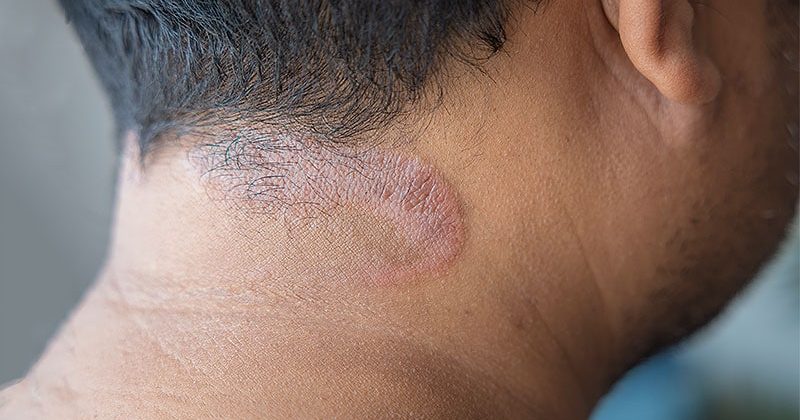TOPLINE:
Atopic dermatitis (AD) in adulthood appears to be associated with an increased risk for incident venous thromboembolism (VTE).
METHODOLOGY:
-
In a cohort analysis, researchers drew from Taiwan’s National Health Insurance Research Database to identify 142,429 adults with AD newly diagnosed between 2003 and 2017 and 142,429 matched controls.
-
AD patients were subgrouped based on severity of their disease
-
Researchers used a Cox regression model to estimate hazard ratios (HRs) for VTE.
-
Stratified analyses according to age and sex were performed.
TAKEAWAY:
-
Adults with AD had an increased risk for incident VTE (HR, 1.28) compared with adults without AD, although the absolute difference in risk appeared to be small.
-
Individual outcome analyses revealed that AD was associated with elevated hazards for deep vein thrombosis (HR, 1.26) and pulmonary embolism (HR, 1.30).
-
In a sensitivity analysis that excluded systemic steroid users, the risk for VTE remained significantly increased among patients with AD (HR, 1.45).
IN PRACTICE:
This study is too preliminary to have practice application. Because of the study’s limitations, “findings should be interpreted cautiously,” the researchers write.
STUDY DETAILS:
Tai-Li Chen, MD, of Taipei Veterans General Hospital, Taiwan, led the research, published May 31 in JAMA Dermatology.
LIMITATIONS:
The study used a claims database that lacked data on specific VTE risk factors, and ascertainment of AD and VTE was based on ICD codes.
DISCLOSURES:
Hualien Tzu Chi Hospital, Taiwan, funded the research. The researchers reported having no relevant financial relationships.
For more news, follow Medscape on Facebook, Twitter, Instagram, YouTube, and LinkedIn
Source: Read Full Article
